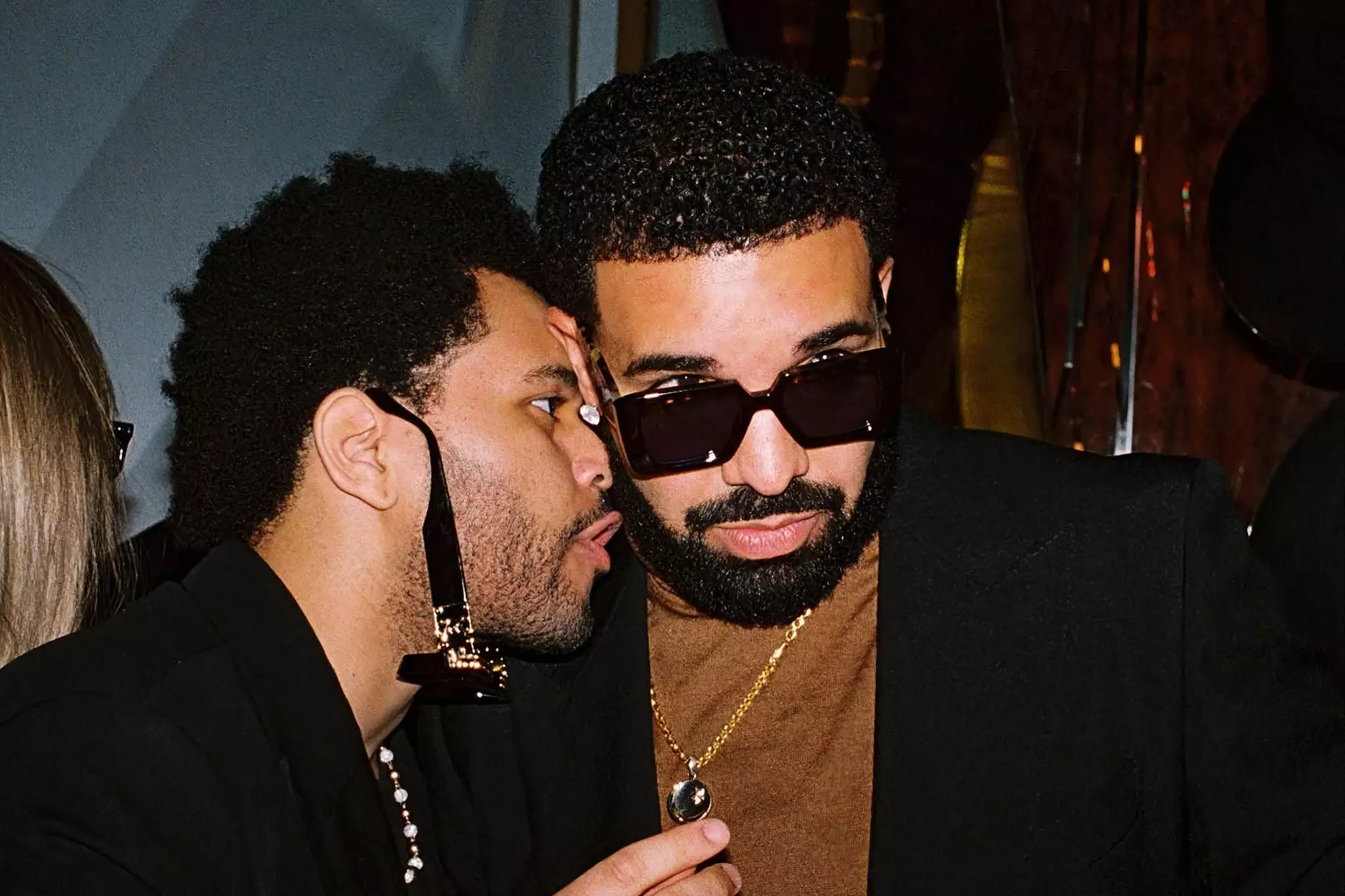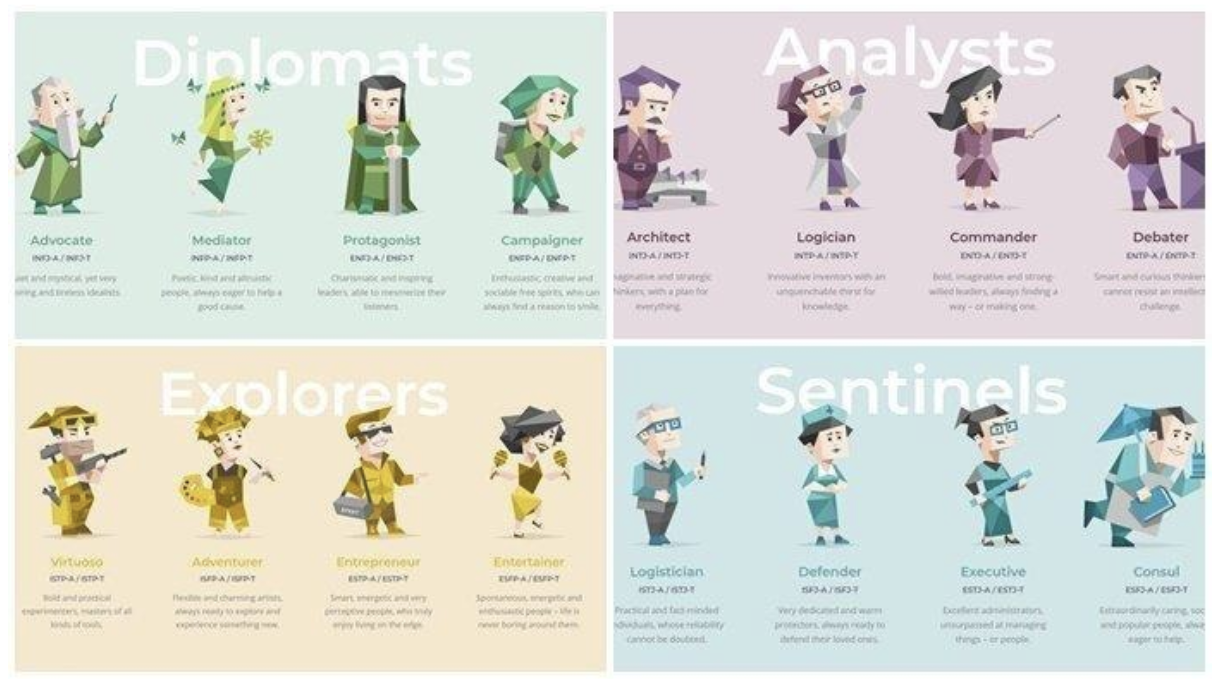By Tatiana Litta, Year 12
I was scrolling through Instagram when I stumbled upon something quite particular: Drake flawlessly rapping in what seemed to be Chinese. It caught me off guard. Since when was a world-renowned Anglo-Saxon rapper suddenly bilingual?
This was when I realized the real impact of AI (artificial intelligence) created videos and their sweeping implications on our generation. A track of two of the most famous pop stars went viral a couple of weeks ago, leaving fans astonished. “Heart on My Sleeve” was released by an enigmatic user on TikTok (Ghostwriter977), causing a massive online stir. Catching millions of plays across various platforms, could people tell that the video was AI-generated? Could real fans tell the difference? Many claimed it was the “hardest Drake [released song] in a long time.”
Whether Drake and the Weekend truly sang the song, the music industry was undeniably shaken. The industry is alarmed by the implications of AI-generated music. Universal Music Group released takedown notices criticizing users for using vocals without the artist’s permission. Many worry, claiming that AI-generated music should not be permitted as it overshadows and violates the artists’ hard work. Many fear AI infringes on creative labor and could take over the industry altogether.
In March 2023, the Recording Academy (Grammy) released a statement claiming that it “embraces advances in technology, as [it] wants to ensure that [the] art is protected.” Music academies had very similar reactions to the new style of music; while they support it, they do not want it to become a common factor.
In 2017, federal prosecutors charged an American musician with $10 million in fraud due to AI-generated music. Michael Smith (52) created thousands of songs using AI and then streamed them using bots on platforms such as Apple Music, Spotify, and SoundCloud to receive royalties. He then made various fake emails and got bots to play the songs on repeat from multiple computers throughout the country. Thanks to the flywheel effect you now find in music, Smith was brought up on the charts by mimicking fans and being exposed to billions of streams. He claimed he could stream songs “up to 661,456 times daily”, earning himself over $3,100 a day and more than $1.2 million annually. Smith was later charged with wire fraud and money laundering. The case is still ongoing, but Smith is allegedly convicted with a sentence of up to 20 years in prison.
While not everyone can tell the difference, critics claim that “AI-generated music [is] not as good” and that they “cannot connect with the music and authenticity like [they would] normally.” Can AI-generated tracks evoke the same connection and meaning as the artists themselves?
While AI is becoming an increasing trend, the industry must be protected from it taking over and disrupting the community. AI must be used to empower artists rather than take over their jobs. Does AI-generated music have the same effect and power on you?



